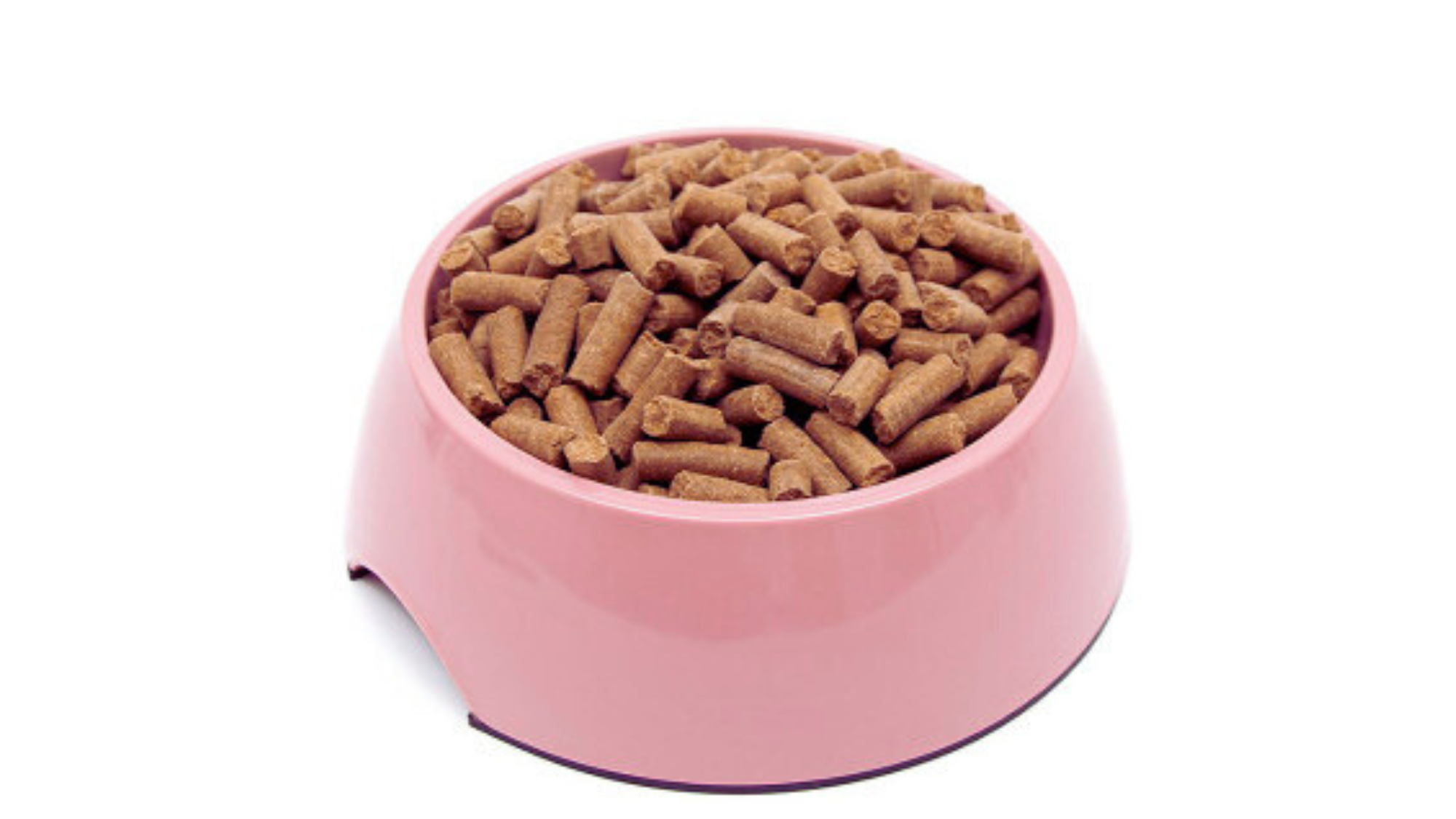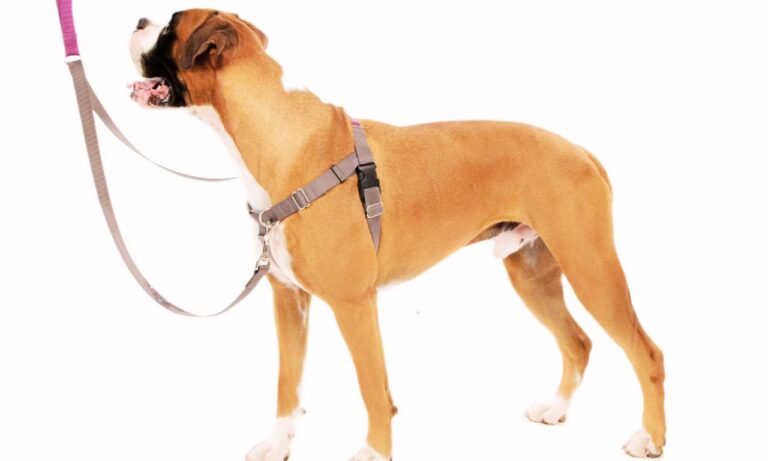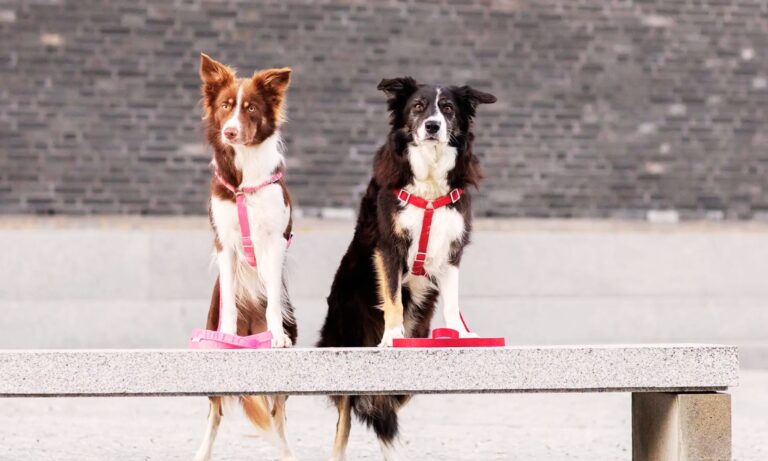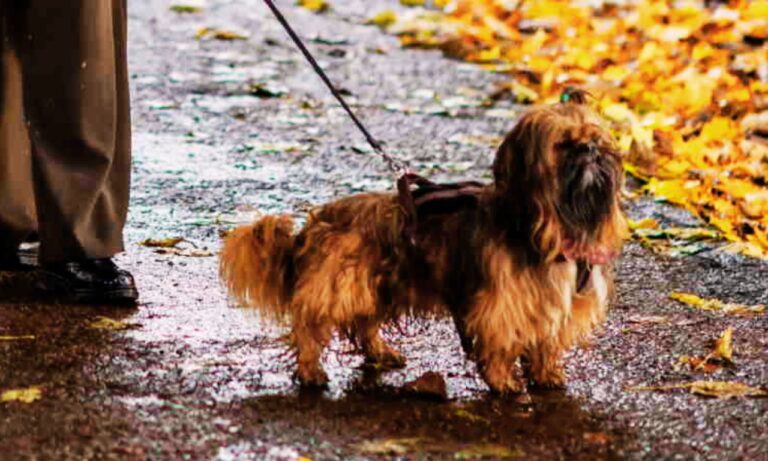| Summary: Yes, cat food can be bad for a dog’s kidneys if fed regularly. It’s high in protein and phosphorus, which can strain kidney function, especially in dogs with kidney disease. Occasional consumption isn’t harmful, but for long-term health, always feed a balanced dog-specific diet to protect kidney function. |
I have always cared deeply about my pets’ health, and nutrition plays a big role in keeping them happy. One question that I have often come across is whether feeding cat food to dogs can harm their kidneys. So, Is cat food bad for dogs kidneys? I want to share what I learned about dog kidneys, the differences between cat food and dog food, and whether the high protein and fat levels in cat food can affect a dog’s kidney health. I will also share some practical advice and tips for pet owners. Cat food’s high protein levels can put extra strain on a dog’s kidneys, increasing health risks over time. GPS dog collars can help monitor your pet’s location and prevent unsupervised eating.
Discover why Afghan Hound collars are wide by exploring the unique characteristics of this breed and how wide collars enhance their comfort and style.
Blog Highlights
ToggleHow Do Dog Kidneys Work?
The kidneys are very important organs in dogs. They act like filters that clean the blood. Every day, a dog’s kidneys remove waste products and extra fluids from the body. They also help balance important minerals and keep the body’s water levels stable. When the kidneys are not working well, a dog may become sick, lose energy, and even have problems with appetite and weight.
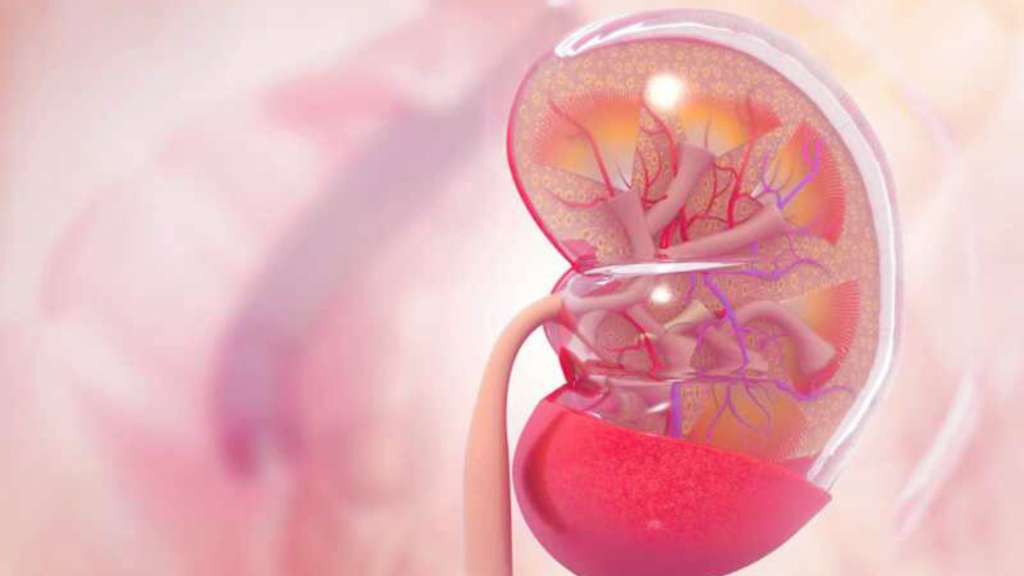
Healthy kidneys are key to a long and happy life for your dog. That is why it is important to feed them the right food. A good diet helps support their kidney function by providing the right amount of nutrients without overloading these delicate organs. Excess phosphorus in cat food may contribute to kidney disease in dogs. Using pet tech products like smart feeders can help separate meals.
What’s in Cat Food vs. Dog Food?
Cats and dogs have different nutritional needs. Cats are obligate carnivores, which means they need a diet rich in meat. Their food usually has more protein and fat to support their active, hunting lifestyle. Dog food, on the other hand, is made to give dogs a balanced diet that includes proteins, carbohydrates, and fats. Long-term consumption of cat food can lead to kidney stress and obesity in dogs. Consider electronic dog collars for training reinforcement.
Here are some differences between cat food and dog food:
- Protein Levels: Cat food is made with high levels of protein. While protein is good for both cats and dogs, too much protein can be hard on a dog’s kidneys if they already have issues or if it becomes a regular part of their diet.
- Fat Content: Cat food usually has more fat. Fat gives cats the energy they need but can add extra calories that dogs might not need. High fat can also stress a dog’s body if it is not used to it.
- Calorie Density: Because of the extra fat, cat food is more calorie-dense. This means that even a small amount of cat food can have a lot of calories, which can lead to weight gain if it happens often.
- Vitamins and Minerals: The balance of vitamins and minerals is different in cat food. Some nutrients like taurine are essential for cats but are not as important for dogs. An unbalanced intake might not support a dog’s health as well as food made for them.
How Does High Protein Affect a Dog’s Kidneys?
Many pet owners worry that high protein intake can strain a dog’s kidneys. For healthy dogs, proteins are important for building and repairing tissues. However, when the kidneys have to work harder to filter out the byproducts of protein metabolism, there is a concern that over time, this might lead to stress on the kidneys.
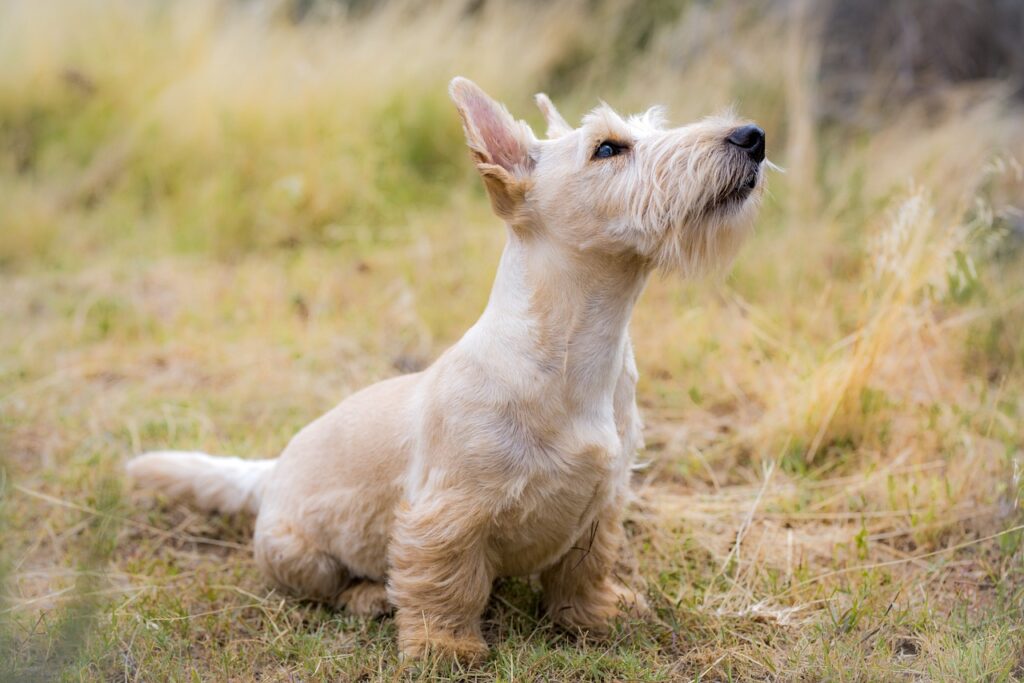
In dogs with pre-existing kidney problems or those who are older, a high protein diet might not be the best choice. The extra work for the kidneys can sometimes speed up the decline in kidney function. For dogs with healthy kidneys, occasional consumption of high protein food may not cause harm. But if a dog eats high protein cat food regularly, it could add extra stress over time.
Find out what style dog collar is best for hounds to ensure comfort and safety for your furry friend.
Is Cat Food Bad for Dogs Kidneys?
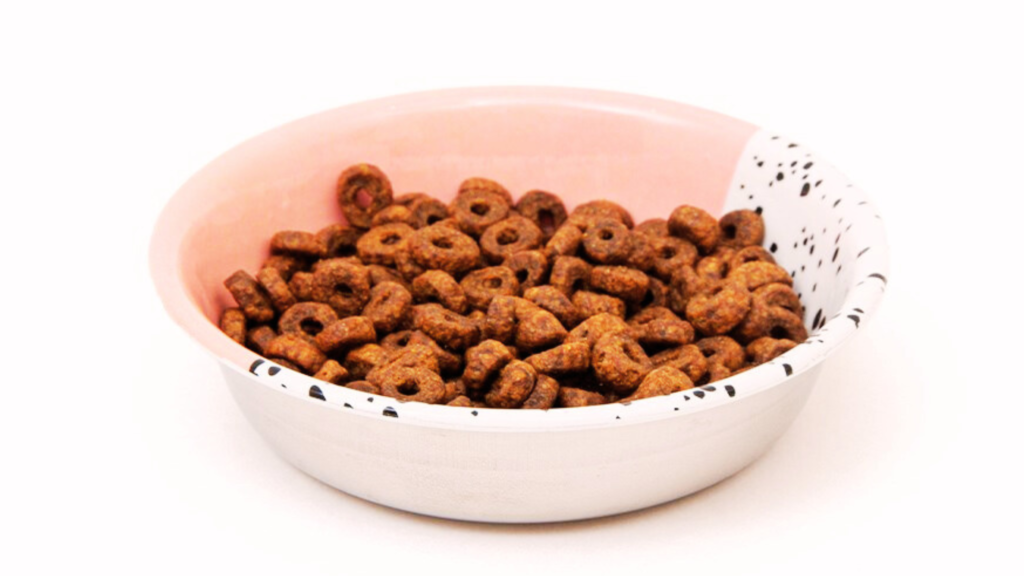
The short answer is that occasional eating of cat food is unlikely to harm a dog’s kidneys if the dog is otherwise healthy. However, there are several factors to consider:
- Frequency of Consumption: If your dog eats cat food only once or very rarely, it is unlikely to cause lasting damage. The kidneys of a healthy dog can usually handle a one-time meal that is richer in protein and fat. But if cat food becomes a regular part of your dog’s diet, then the high protein and fat might put unnecessary stress on the kidneys.
- Existing Kidney Health: Dogs with kidney problems or older dogs with declining kidney function are more sensitive to changes in diet. For these dogs, even one meal of high protein cat food might worsen their condition. It is important to follow your veterinarian’s advice if your dog has any kidney issues.
- Overall Diet and Lifestyle: A balanced diet, proper hydration, and regular exercise help keep your dog’s kidneys healthy. If a dog’s regular diet is balanced and designed for canine health, an occasional meal of cat food might not be significant. However, if the overall diet is not balanced, the extra load from cat food can add up.
My Personal Experience and What I Learned
I remember a time when I ran out of my dog’s usual food and accidentally served him some cat food. I was very worried because I knew that cat food is designed for cats and is very different from dog food. My dog is normally very healthy, and his kidneys have always been fine, so I hoped that one meal would not hurt him. If your dog has kidney issues, feeding them cat food could worsen their condition. Use dog training equipment to establish mealtime boundaries.
I monitored him carefully after that day. He did not show any immediate signs of distress such as vomiting or diarrhea, and his energy levels remained stable. However, I became more aware of how important it is to feed each pet the food that is made for them. I also learned to store food properly and to check that the food bowl has the right food for the right pet.
This experience taught me that while a one-time mistake might not harm a healthy dog’s kidneys, it is still best to avoid mixing the diets. Even if the dog seems fine immediately, regular consumption of cat food could potentially lead to kidney stress over time.
What Experts Say About Protein and Kidney Health
Veterinarians often advise that for dogs with normal kidney function, a diet with moderate to high protein is usually acceptable. However, if your dog has kidney disease, a lower protein diet is often recommended to reduce the workload on the kidneys. Research shows that the kidneys are very adaptable, but when they are diseased or aging, they can become sensitive to dietary changes.
Many experts suggest that if you suspect your dog might be at risk for kidney problems or if your dog is older, it is best to stick to a diet formulated for dogs. Dog food is made with the right balance of nutrients, which supports the kidneys and overall health.
The ideal size collar for English Springer Spaniel typically ranges from 14 to 20 inches, depending on the dog’s age and neck size, ensuring a comfortable and secure fit.
Recognizing Signs of Kidney Stress in Dogs
It is important for pet owners to know the signs that might indicate kidney stress or problems. Early detection can make a big difference in treatment and recovery. Some of the symptoms to look out for include:

- Increased Thirst and Urination: If your dog suddenly starts drinking much more water and urinating frequently, it could be a sign of kidney stress.
- Loss of Appetite: A decrease in appetite or sudden weight loss may be linked to kidney issues.
- Lethargy and Weakness: Dogs with kidney problems often appear tired and less active than usual.
- Bad Breath: A build-up of toxins in the blood, known as uremia, can cause a foul odor in the breath.
- Vomiting or Diarrhea: While these symptoms can occur for many reasons, if they persist, they might indicate that the kidneys are not filtering properly.
If you notice any of these signs in your dog, it is very important to consult your veterinarian as soon as possible. Early treatment can help manage kidney disease and improve your dog’s quality of life.
Steps to Support Your Dog’s Kidney Health
Whether your dog has a history of kidney issues or you want to prevent any future problems, there are several steps you can take to support your dog’s kidney health:
- Choose the Right Food: Always feed your dog food that is made specifically for dogs. Dog food is formulated to meet the nutritional needs of dogs and to support healthy kidney function.
- Keep Your Dog Hydrated: Water is essential for kidney health. Ensure that your dog always has access to fresh, clean water. Proper hydration helps the kidneys flush out toxins and function efficiently.
- Regular Vet Check-Ups: Regular visits to the veterinarian can help catch any early signs of kidney issues. Your vet can perform blood tests and urine tests to monitor your dog’s kidney function.
- Monitor Your Dog’s Weight: Obesity can contribute to many health problems, including kidney disease. Keep an eye on your dog’s weight and provide regular exercise to maintain a healthy body condition.
- Avoid Unnecessary Dietary Changes: Sudden changes in diet can put stress on a dog’s body. If you need to change your dog’s food, do it gradually over several days to allow their system to adjust.
- Limit Treats and Human Food: Treats and table scraps can add extra calories and may not be balanced for your dog’s needs. Stick to treats that are made for dogs and are given in moderation.
Tips for Pet Owners on Preventing Kidney Stress
I learned that small changes in daily care can make a big difference in my dog’s kidney health. Here are some simple tips that I have found useful:
- Read Food Labels Carefully: Look for dog food that clearly states it is balanced for dogs. Check the protein and fat levels to ensure they are not excessively high for your dog’s age and health status.
- Keep Cat Food Out of Reach: It is important to store cat food and dog food in separate, secure areas. This helps prevent accidental feeding and ensures that your dog only eats food that is meant for them.
- Watch for Changes: Pay attention to any changes in your dog’s behavior, energy, or eating habits. Early detection of any issues can help you act quickly and get professional advice.
- Educate Family Members: Make sure everyone in the household understands the differences between cat food and dog food. This can prevent accidental mix-ups, especially in busy homes.
- Provide Regular Exercise: Regular physical activity helps maintain a healthy weight and supports overall organ function, including the kidneys.
What to Do If You Suspect Kidney Problems
If you ever suspect that your dog’s kidneys might be under stress or not working well, it is important to take action quickly. Here are the steps I recommend:
- Visit the Veterinarian: Schedule an appointment with your vet as soon as you notice any unusual symptoms such as increased thirst, changes in urination, or lethargy.
- Get a Kidney Function Test: Your vet may perform blood tests and urine tests to check for levels of waste products like creatinine and blood urea nitrogen (BUN). These tests help determine how well your dog’s kidneys are working.
- Follow a Special Diet: If your dog is diagnosed with kidney issues, your veterinarian may recommend a special diet that is lower in protein and phosphorus. This helps reduce the workload on the kidneys and slow the progression of kidney disease.
- Medication and Supplements: In some cases, medication or supplements may be prescribed to support kidney function and manage symptoms.
- Regular Monitoring: Once a kidney issue is diagnosed, regular check-ups are important to monitor the progression of the disease and adjust treatment as needed.
The recommended size collar for an English Cocker Spaniel usually ranges from 12 to 18 inches, providing a snug and comfortable fit for your dog.
Here’s What I Did for My Dog…
I once had a scare when I noticed my dog drinking more water than usual and appearing less active. I immediately took him to the vet, and after some tests, it turned out that his kidneys were under mild stress. Fortunately, we caught it early, and with a change in diet, increased water intake, and careful monitoring, his condition improved.

This experience taught me how important it is to pay attention to small changes in behavior. It also showed me that while an occasional meal of cat food might not cause kidney problems in a healthy dog, a consistent diet designed for dogs is the best way to keep their kidneys—and the rest of their body—healthy.
Balancing Nutrition for Kidney Health
When it comes to keeping your dog’s kidneys healthy, balance is very important. A balanced diet for dogs includes the right mix of proteins, fats, carbohydrates, vitamins, and minerals. This balance helps the kidneys work efficiently without being overburdened by extra waste products.
For example, many high-quality dog foods are specifically formulated to support kidney health. They have moderate protein levels, controlled phosphorus, and added antioxidants that help reduce inflammation. These diets are especially important for older dogs or those who have already shown signs of kidney stress.
The Role of Hydration in Kidney Health
Water is one of the simplest yet most important factors in maintaining healthy kidneys. The kidneys need plenty of water to flush out toxins and help balance minerals in the body. I always make sure that my dog has fresh water available at all times. Encouraging your dog to drink water regularly can make a big difference in preventing kidney issues.
Sometimes, adding a bit of low-sodium broth to your dog’s water can make it more appealing, especially if you live in a warm climate where dehydration is a risk.
To find the perfect fit, learn more about what size collar for a Bichon, ensuring your dog’s comfort and safety.
Special Considerations for Dogs with Pre-Existing Conditions
If your dog already has a history of kidney problems or other health issues, you need to be extra careful with their diet. In such cases, even a small deviation from their prescribed diet can have a larger impact. Here are a few pointers:
- Stick to Vet Recommendations: Always follow your veterinarian’s dietary guidelines if your dog has kidney issues.
- Avoid High Protein Foods: Foods that are too high in protein, like most cat foods, should be avoided unless advised otherwise by your vet.
- Monitor Regularly: Regular check-ups are crucial for dogs with kidney problems. Frequent blood and urine tests can help catch any changes early.
Discover the ideal option by exploring what is the best collar material for a Bichon Frise to ensure your pet’s comfort and durability.
Key Takeaways for Pet Owners
Here are the main points I want you to remember:
- Different Needs: Cats and dogs have different nutritional requirements. Cat food is high in protein and fat, which is designed for cats, not dogs.
- Healthy Dogs vs. Dogs with Kidney Issues: While a healthy dog might not suffer immediate harm from a one-time meal of cat food, dogs with kidney issues are much more at risk. Regular feeding of high-protein, high-fat food can strain their kidneys.
- Importance of Hydration: Water is vital for kidney health. Always ensure your dog has access to clean, fresh water.
- Watch for Warning Signs: Be aware of symptoms like increased thirst, changes in urination, lethargy, and vomiting. Early detection of kidney stress is important.
- Consult Your Vet: If you are ever unsure about your dog’s diet or notice any unusual behavior, talk to your veterinarian immediately.
Final Thoughts:
In my experience, the health of our pets depends on careful attention to their dietary needs. Although a single meal of cat food is unlikely to cause serious kidney damage in a healthy dog, it is best to stick to food that is specifically designed for dogs. The high protein and fat content in cat food can be too much for a dog’s kidneys, especially if consumed regularly or if the dog already has health issues.
The American Staffordshire Terrier’s coat type is short, sleek, and easy to maintain with regular brushing. Hope so, now you know the answer to your question, “Is cat food bad for dogs kidneys?”.
By understanding the differences in nutrition and watching for signs of kidney stress, you can help protect your dog’s long-term health. A balanced diet, proper hydration, and regular veterinary check-ups are the cornerstones of good kidney health in dogs.

